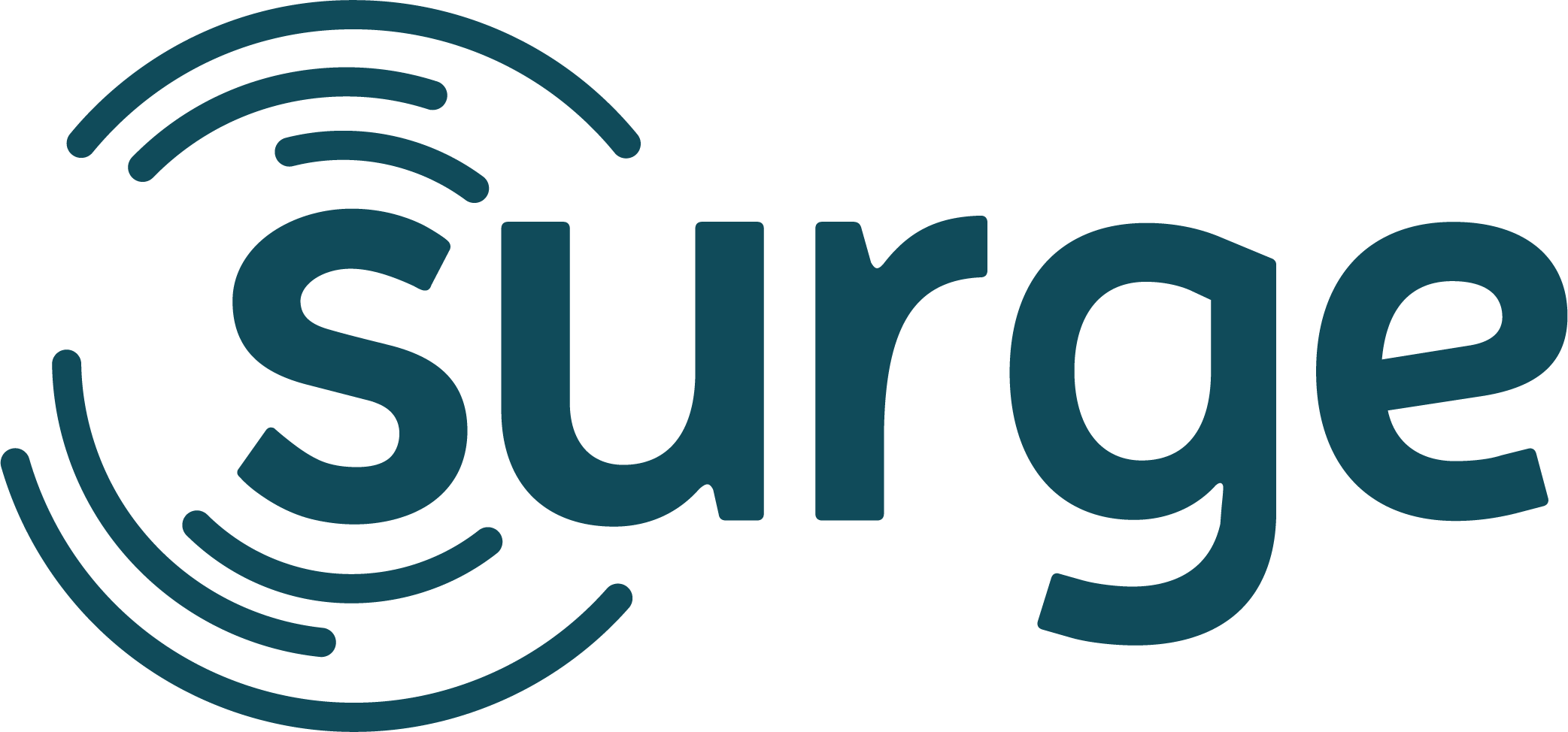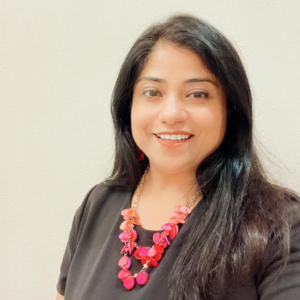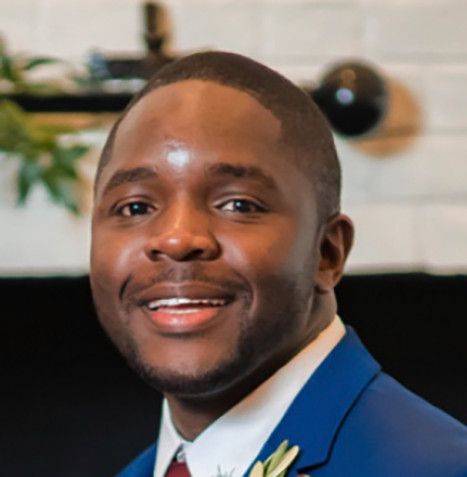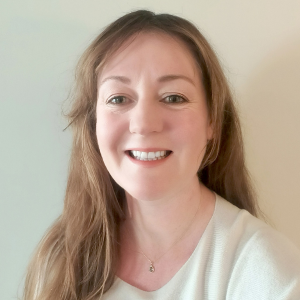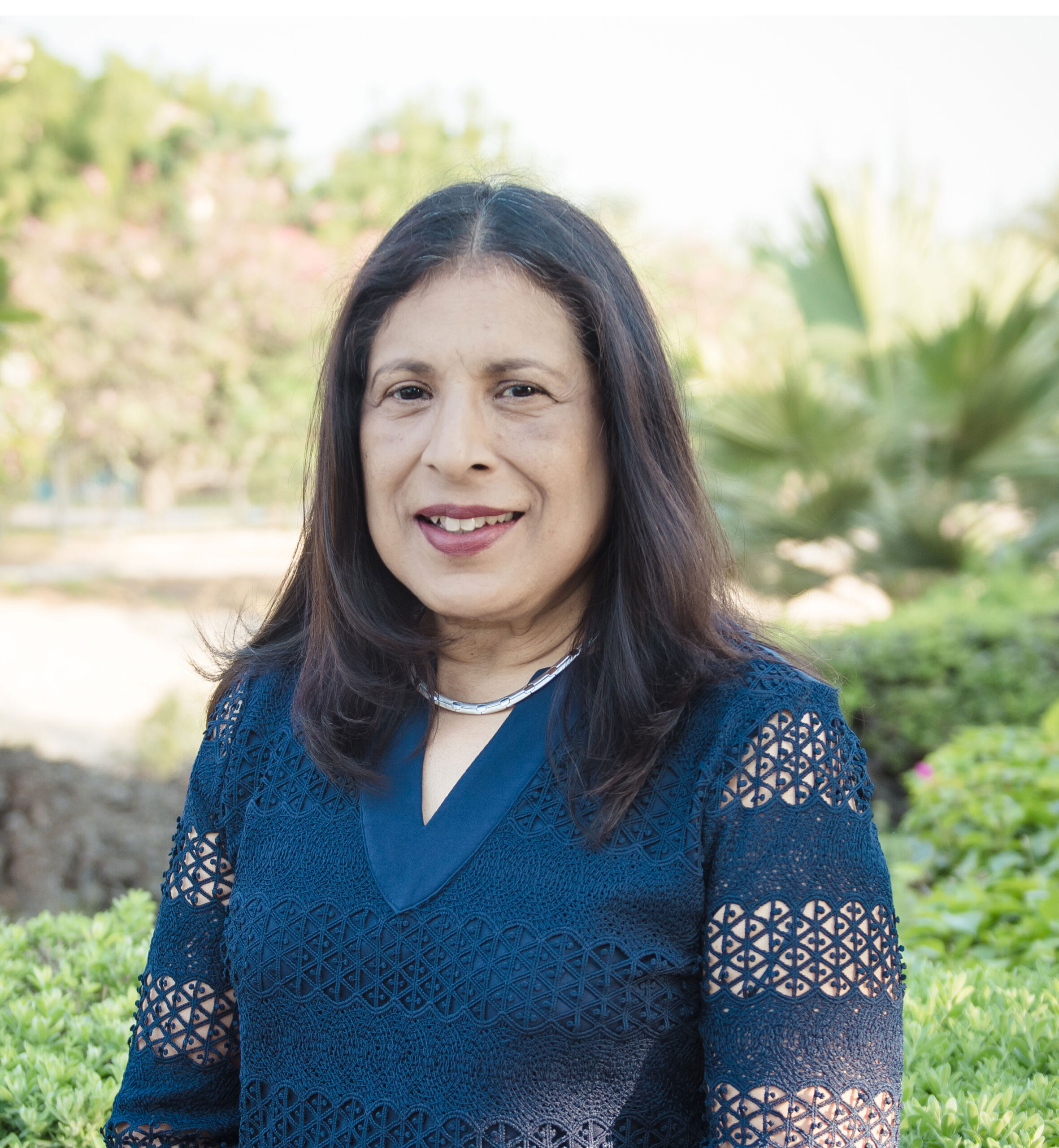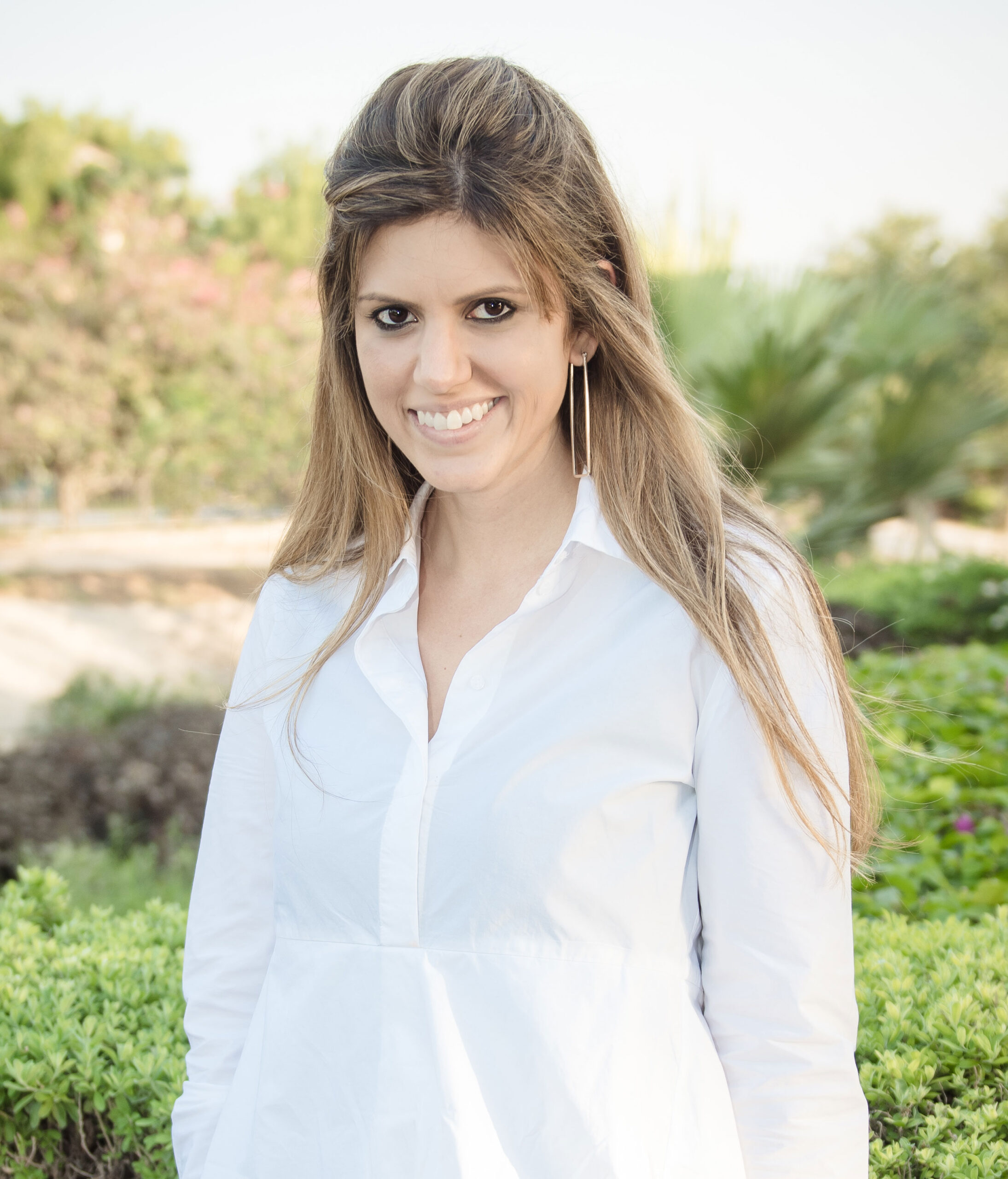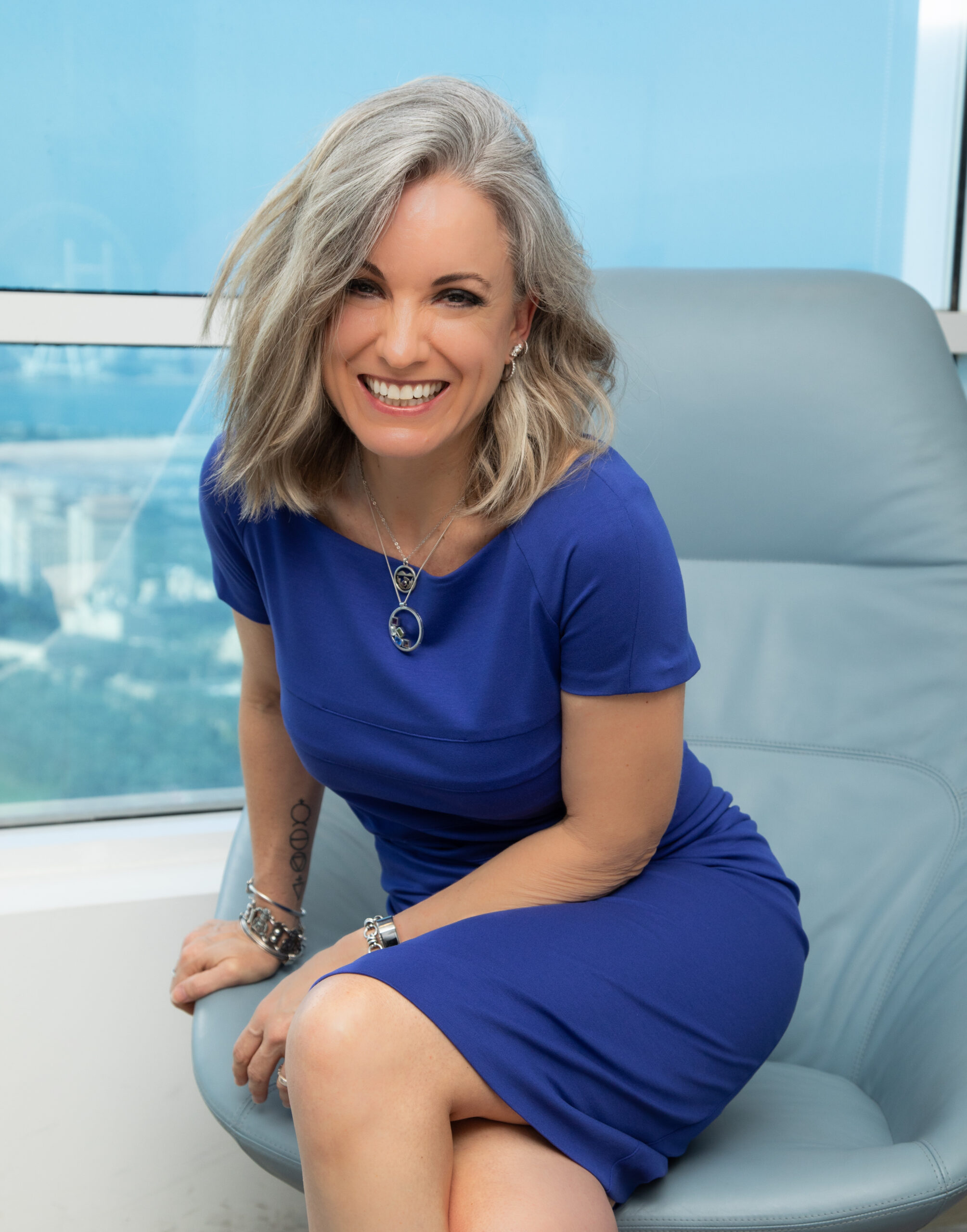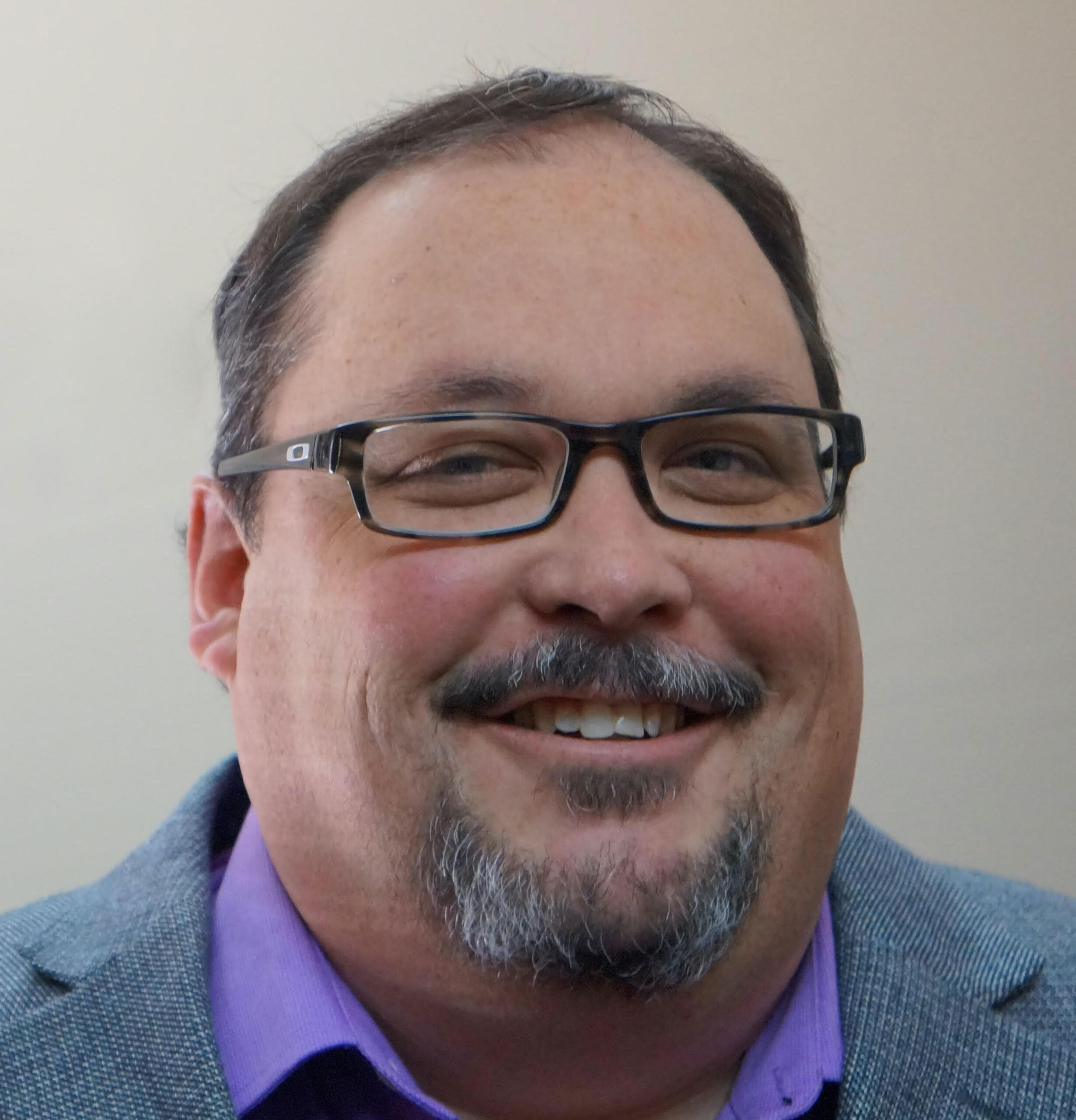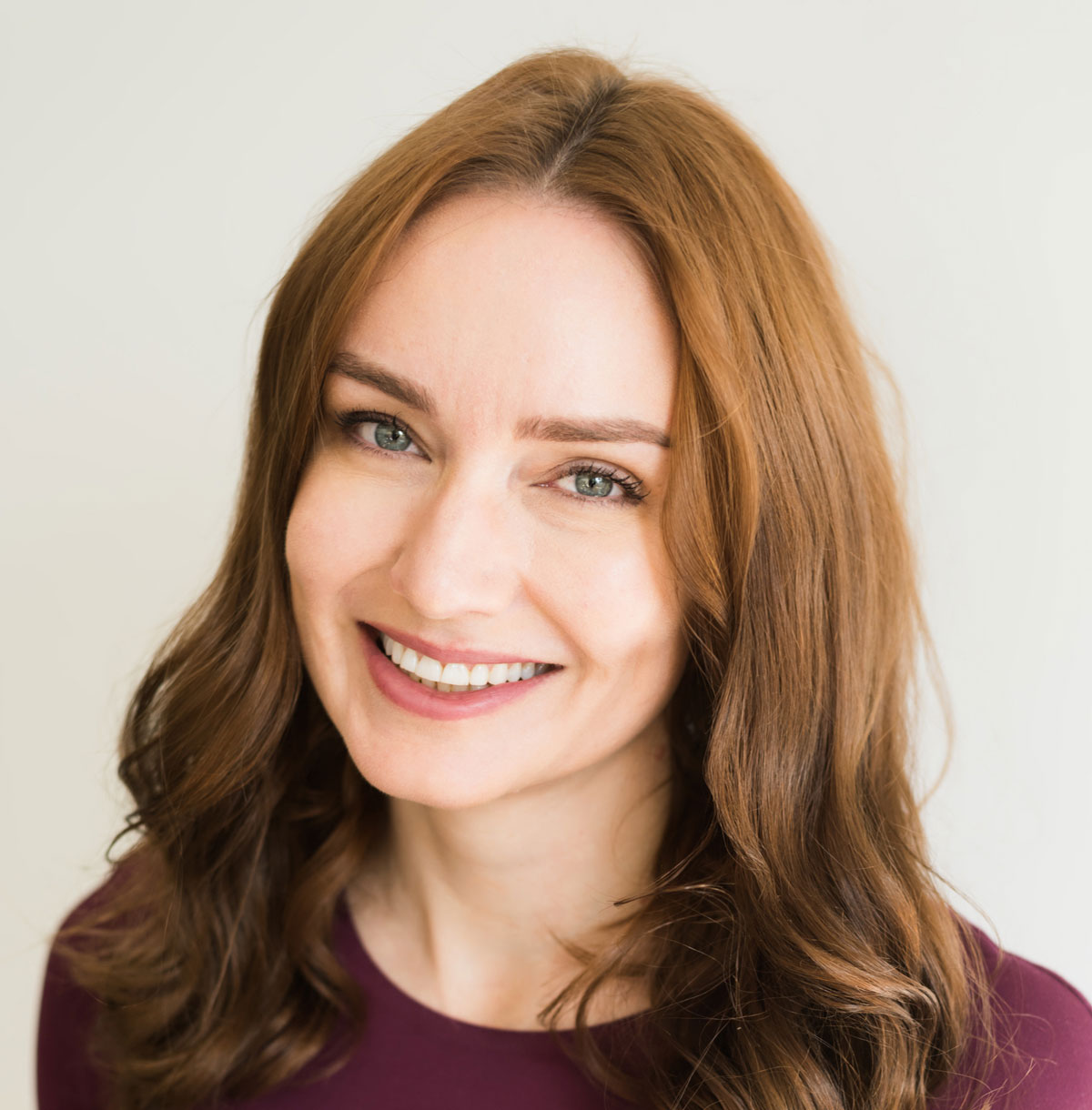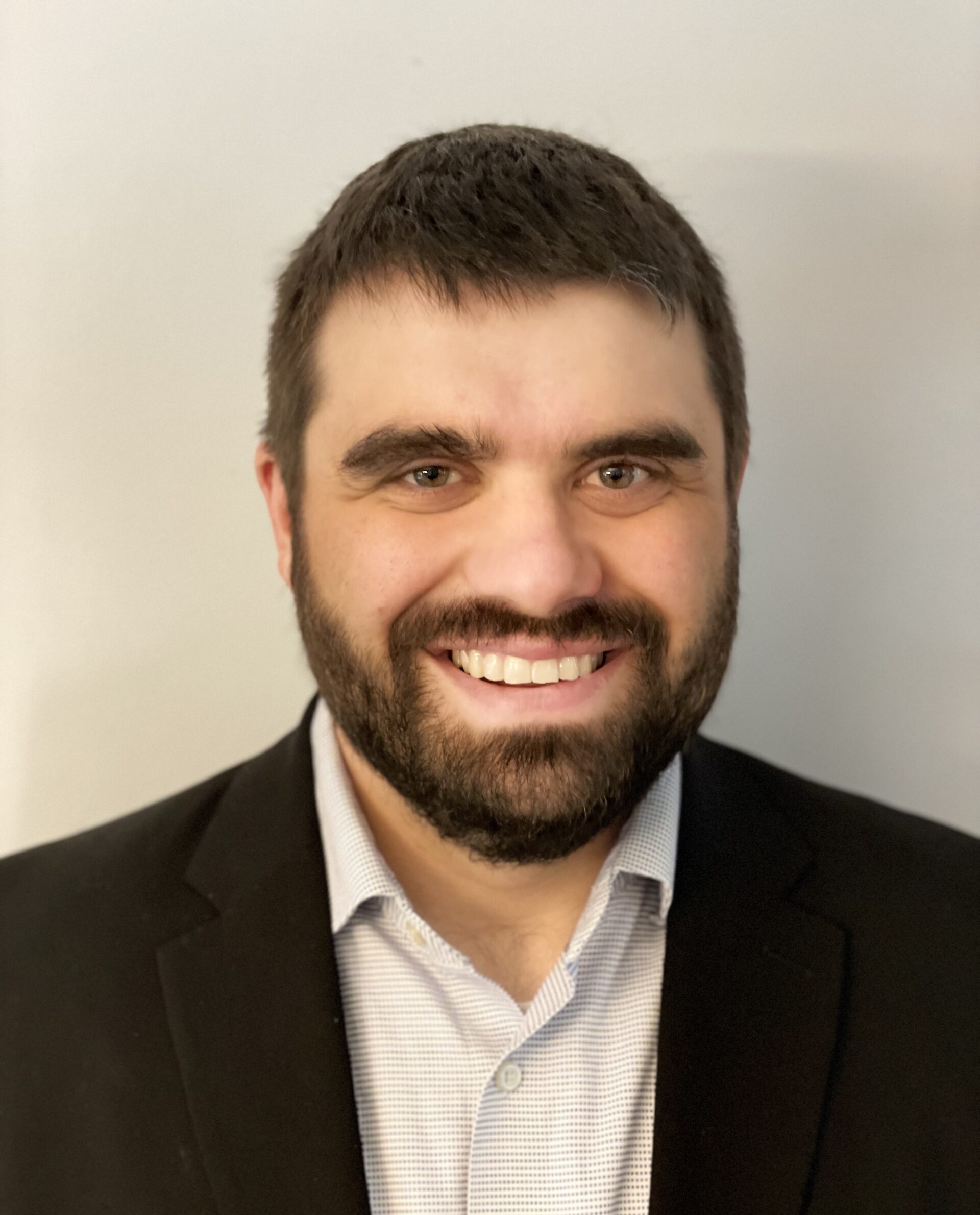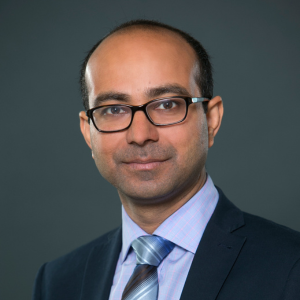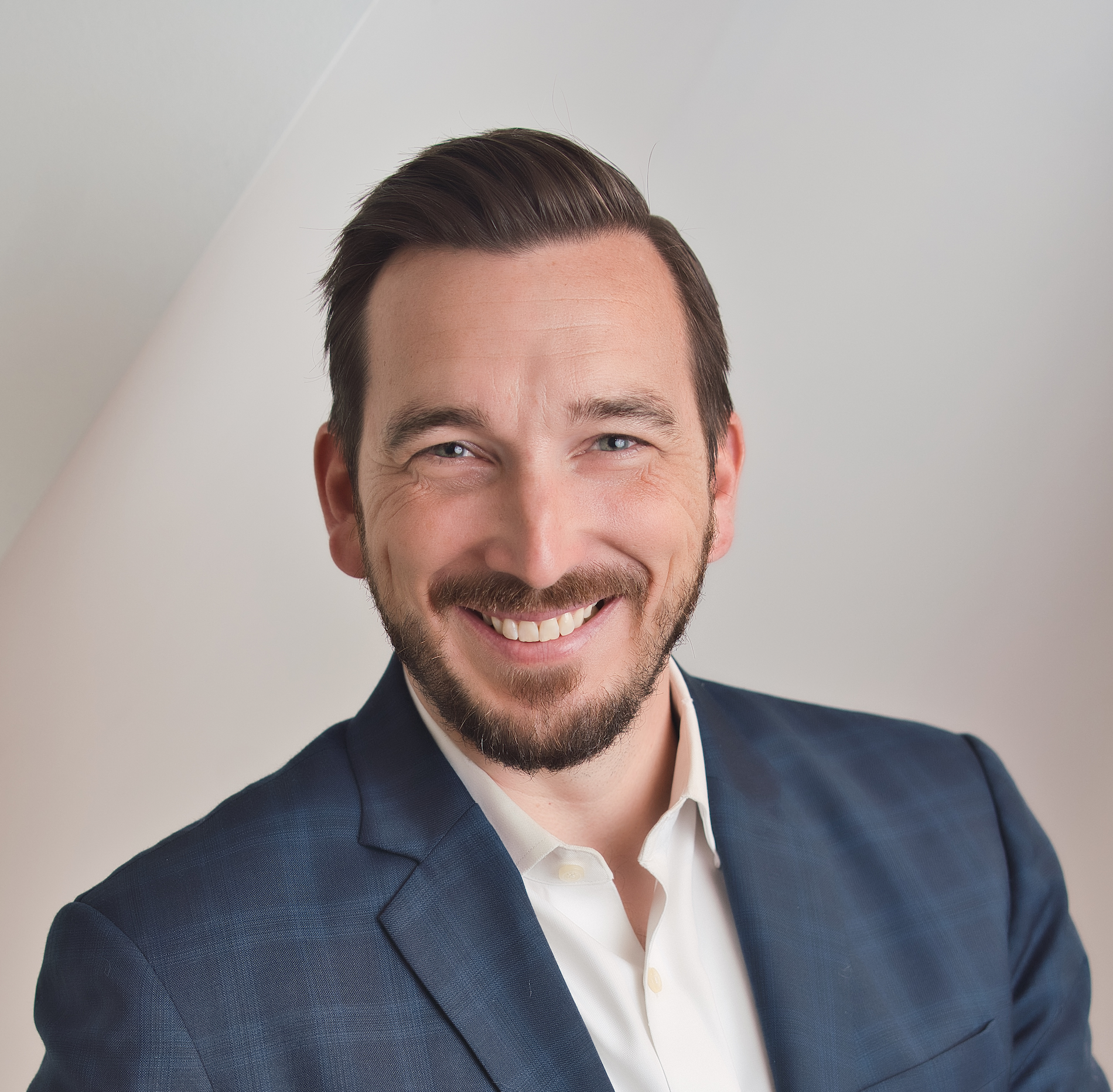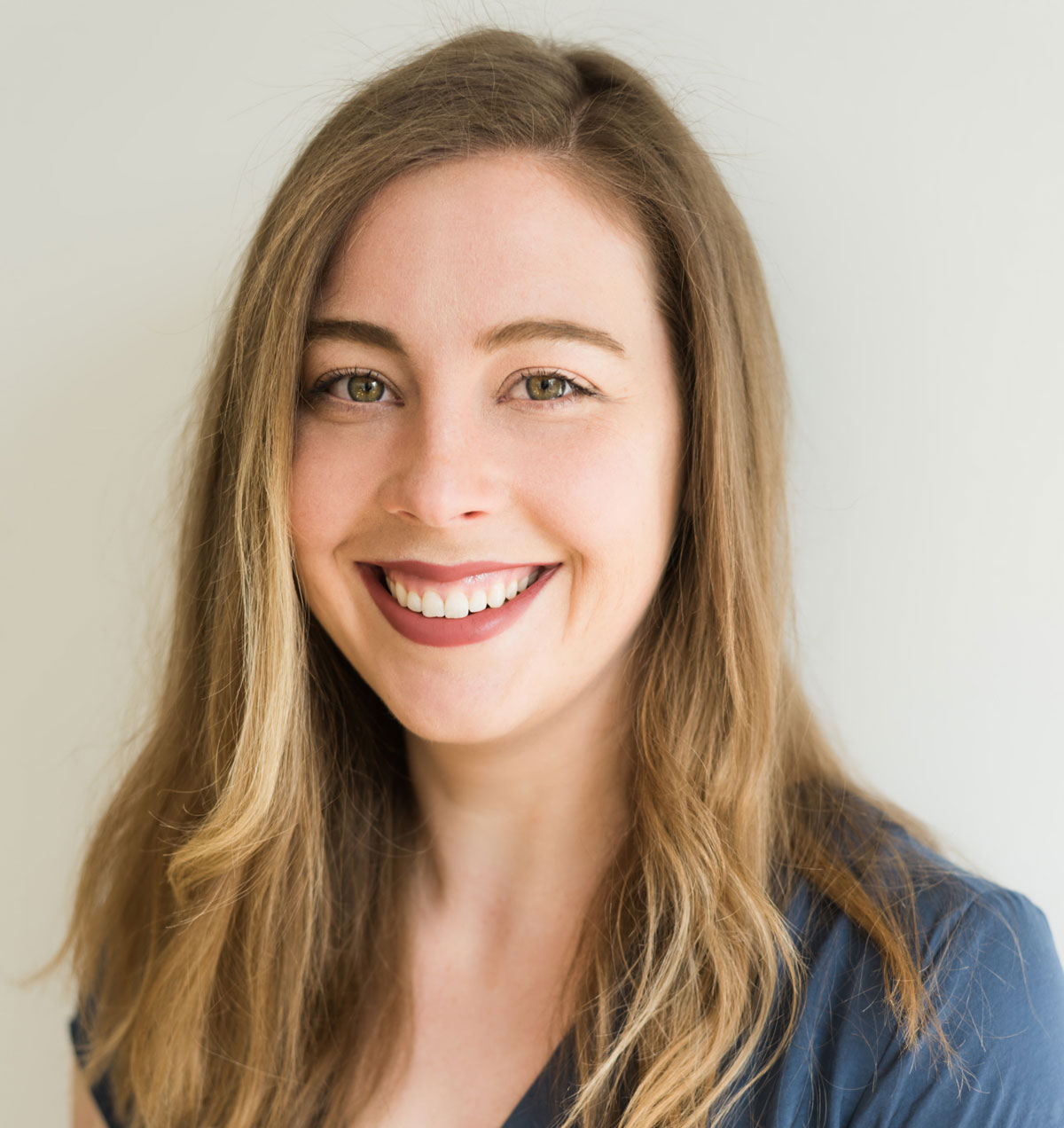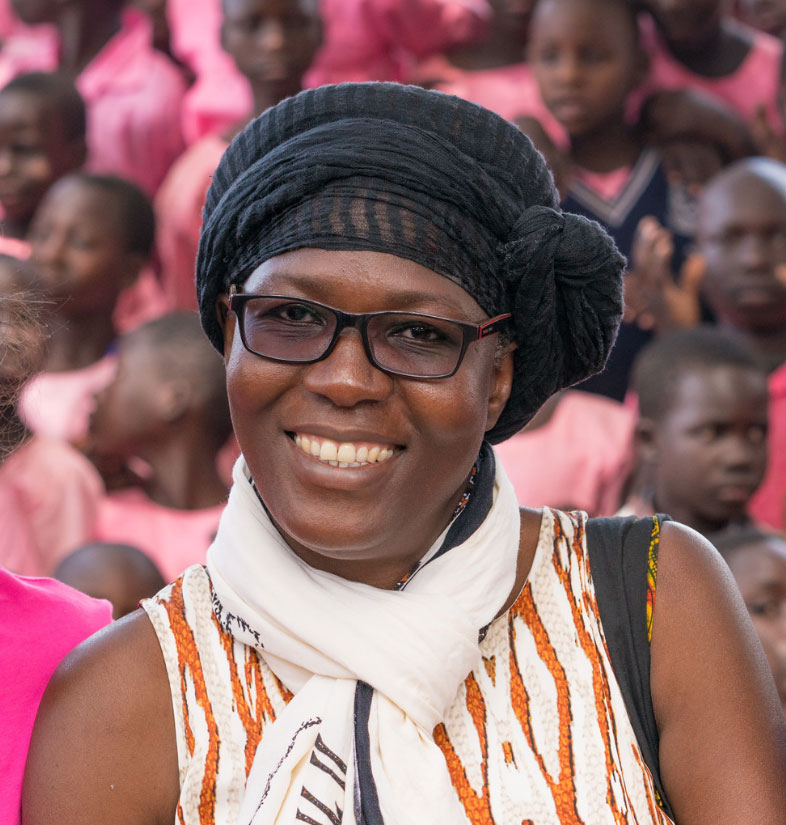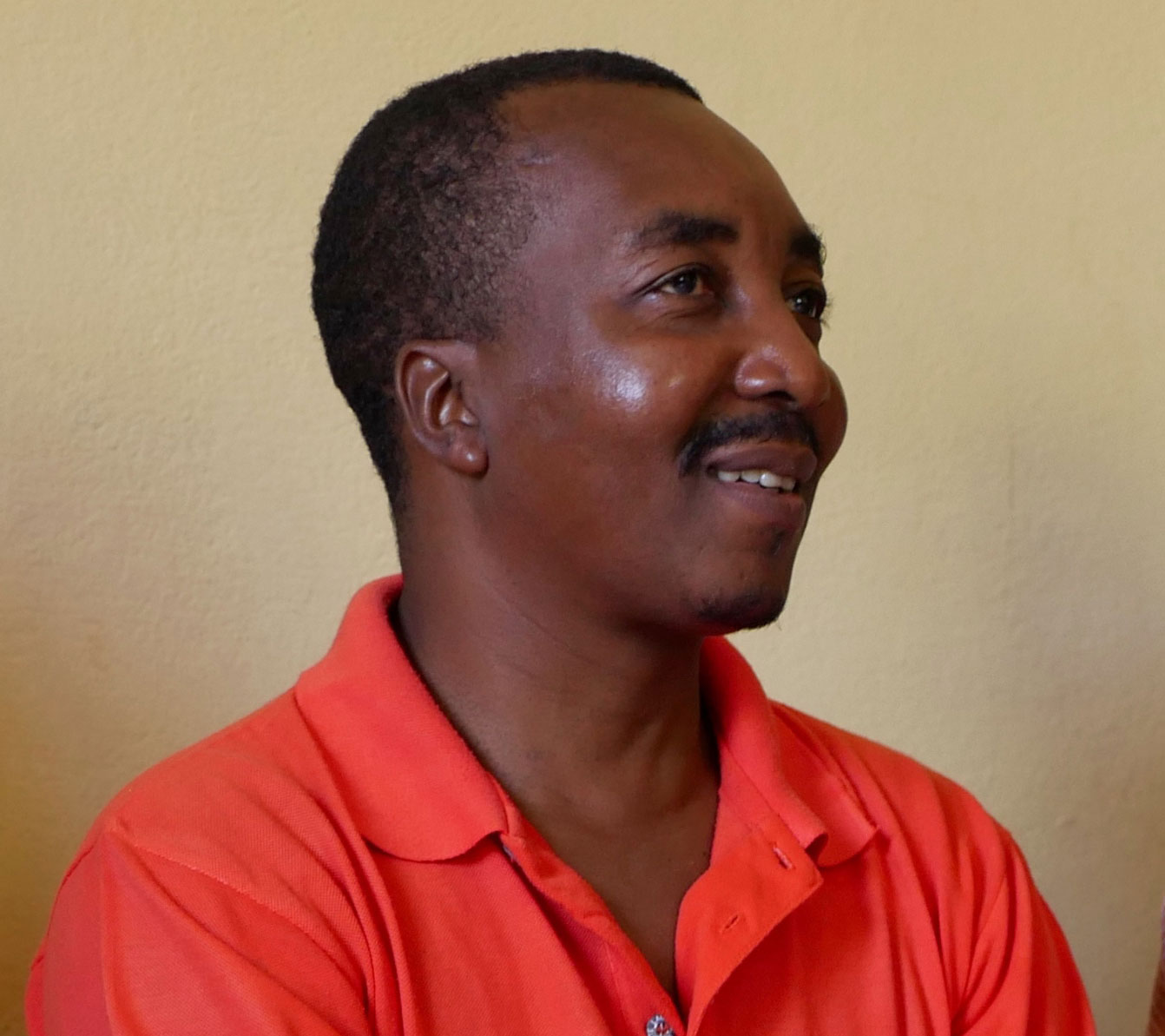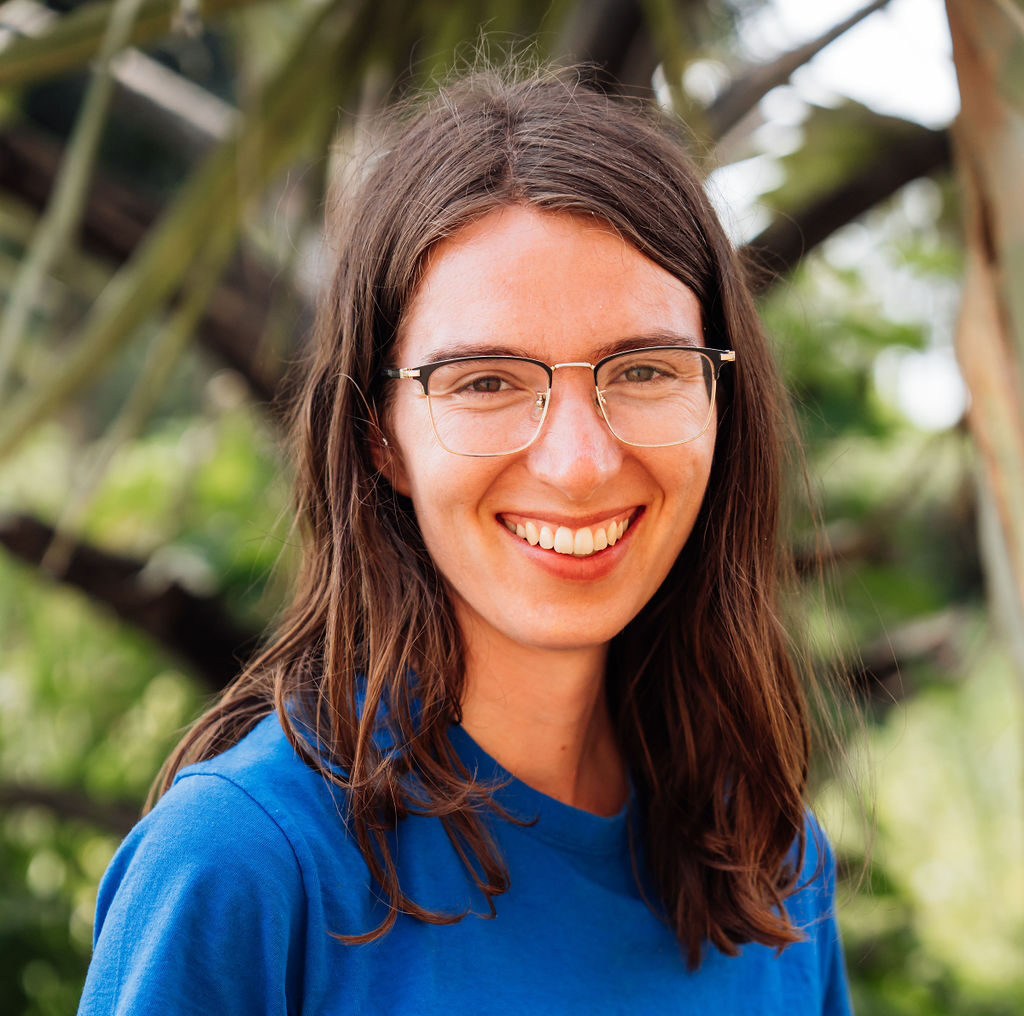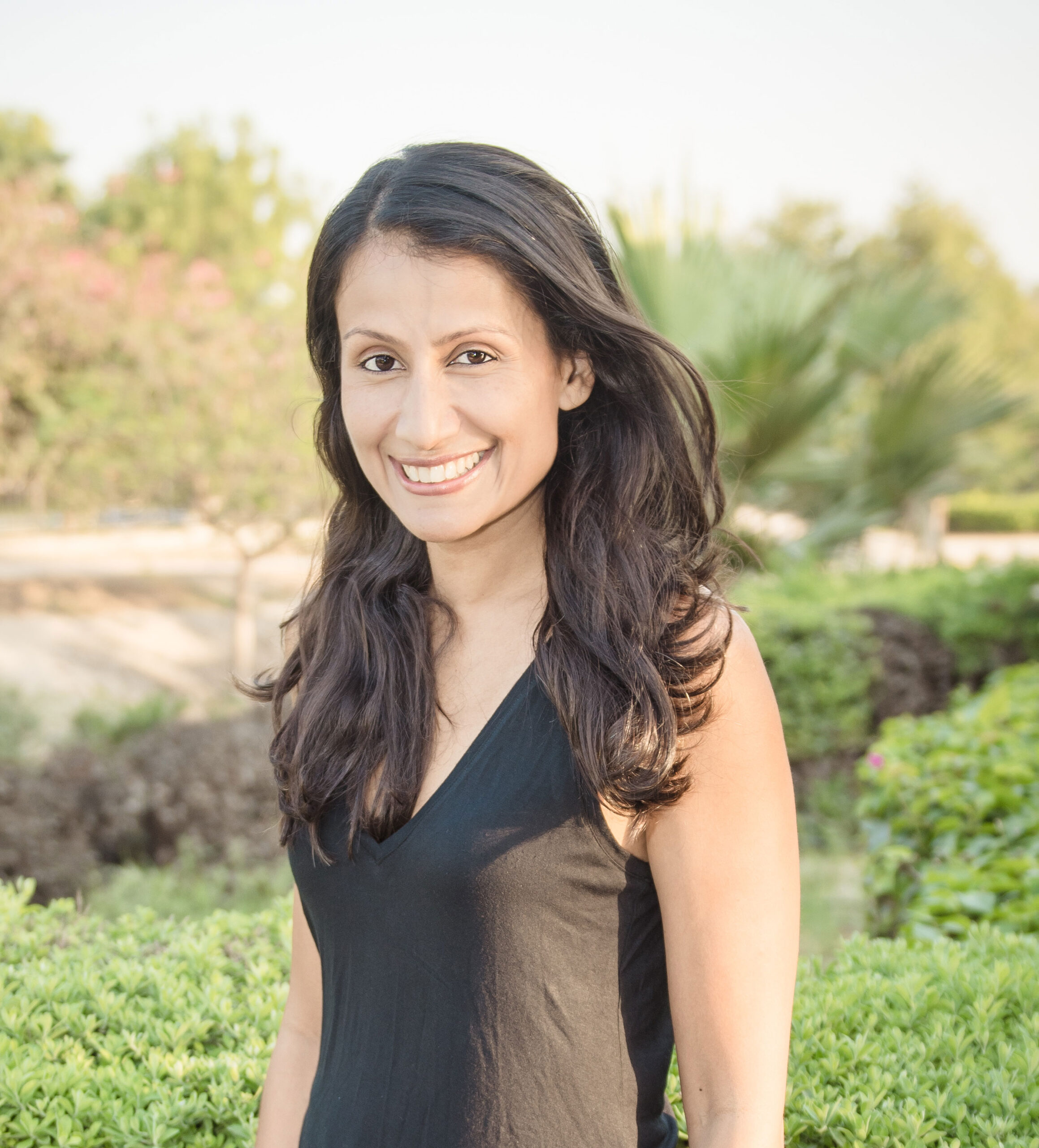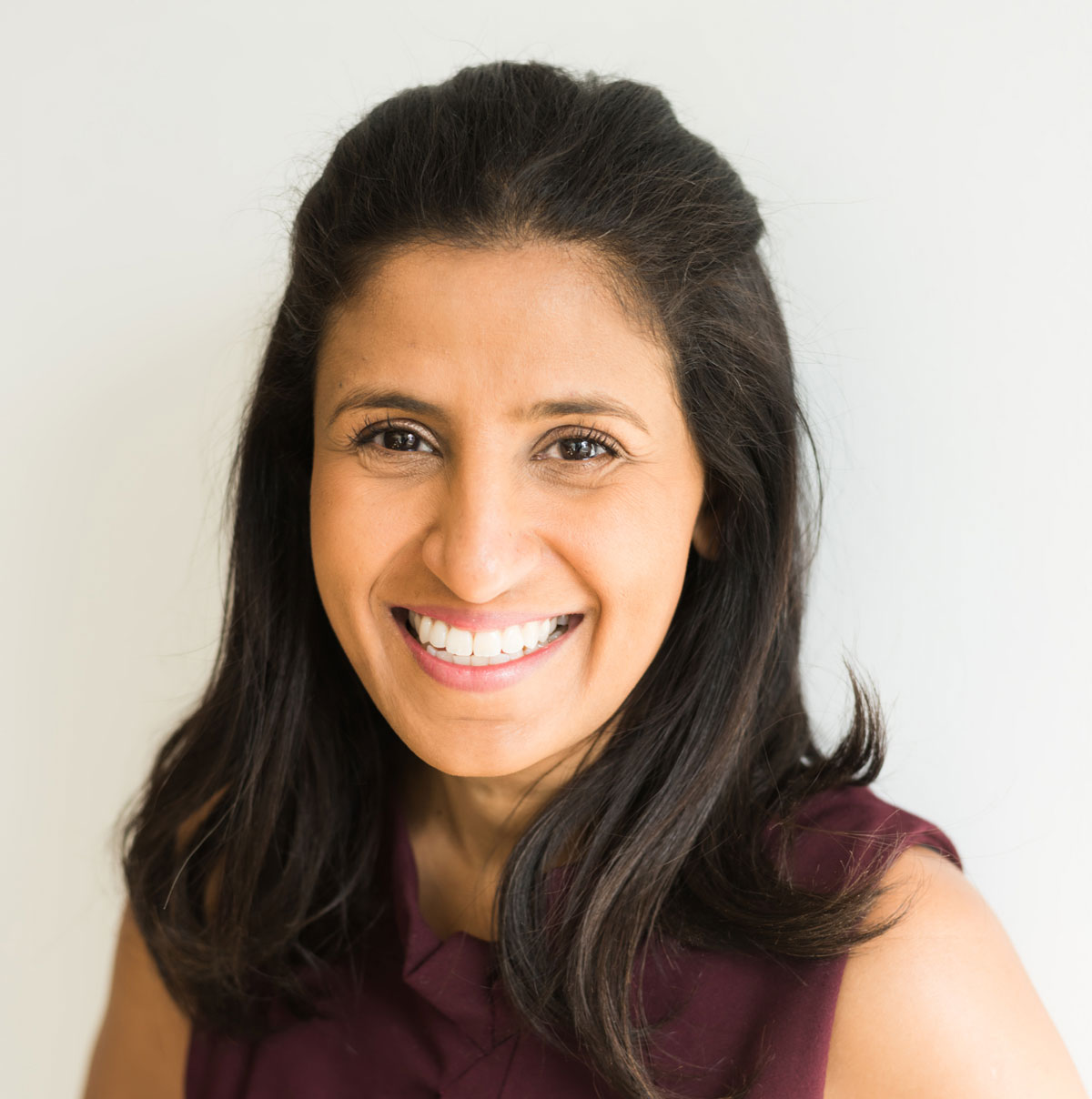When Uganda learned about its first COVID-19 cases, much like the rest of the world, it sparked a rise of emotions including panic, fear, and uncertainty. Guidelines were passed by the Ministry of Health on hygiene practices to be followed country wide. With water, sanitation, and hygiene (WASH) being Surge’s and Prince of Peace Orphans and Widows Vision’s (POPOW) core mission, our goals quickly shifted to evolving and expanding existing programs to stop the spread of this pandemic.
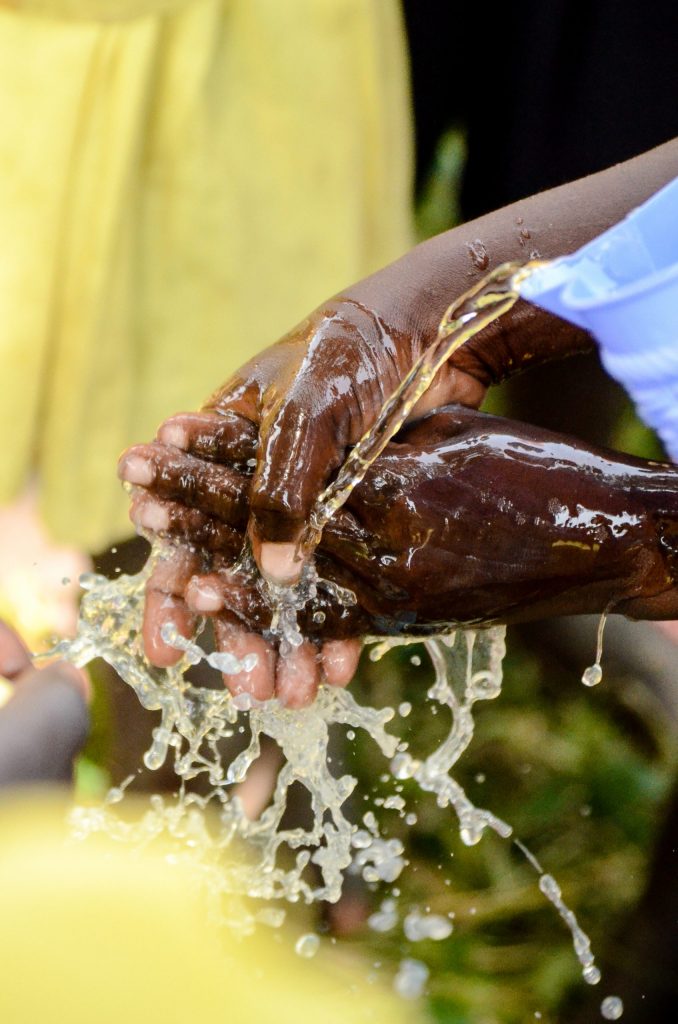
Tippy-taps and Hand-washing
In many of these communities, the water sources are a meeting point for water users, and also a place to possibly spread the virus. Surge and POPOW are installing hand washing facilities with liquid soap to all of our completed water sources, so that water users can wash their hands before accessing the water pump. Through the hard work of the team of 9 project officers and support staff at POPOW, a total of 100 water sources were reached by the end of March.
We’re also going from home to home to make sure hand washing facilities are put in place, and if needed we are teaching families how to make tippy-taps. A tippy-tap involves stepping on a stick that lowers a jerrican so water pours out, allowing you to wash your hands without touching the contraption.
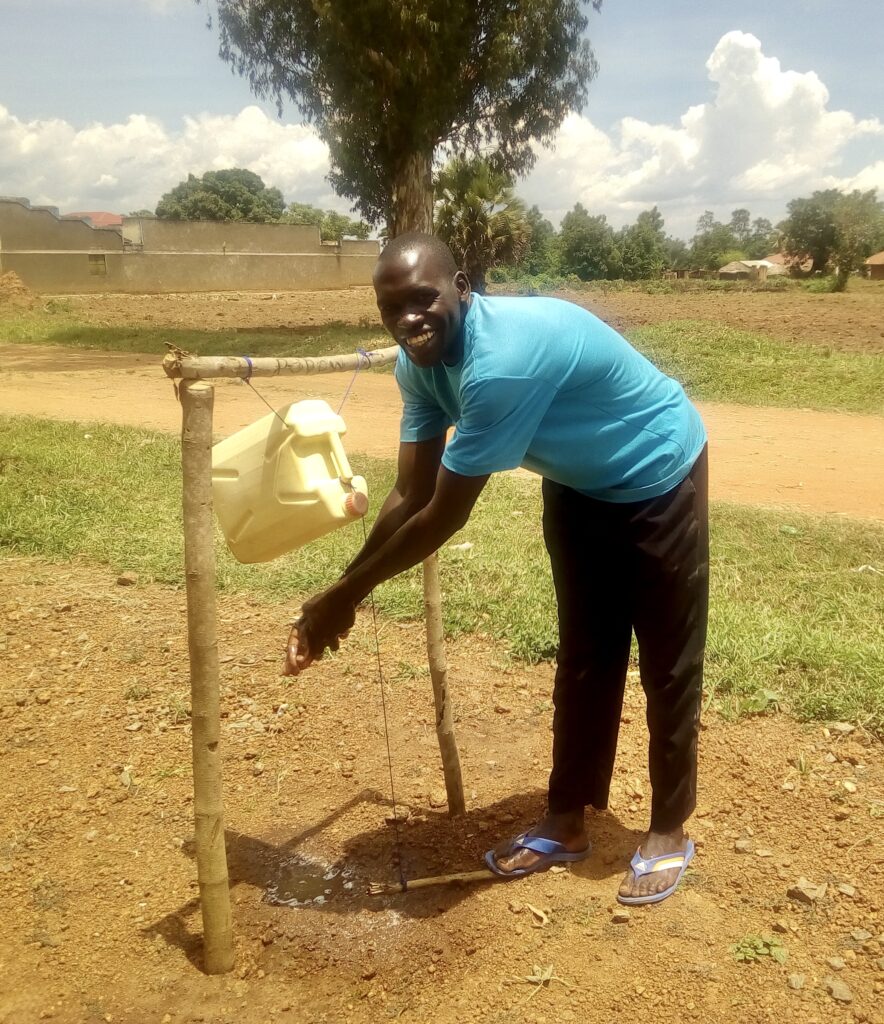
Radio Talk Shows
One of our new interventions to help stop the spread of COVID-19 is radio talk shows. All the communities where we work in Kaberamaido are rural, so the cheapest and fastest means of communication is through the radio. POPOW has already hosted 3 radio talk shows, which included district health officials. Together, they informed the masses about COVID-19, including its dangers, how it’s spread, hygiene and sanitation practices to keep safe, and how Surge and POPOW plan to help.
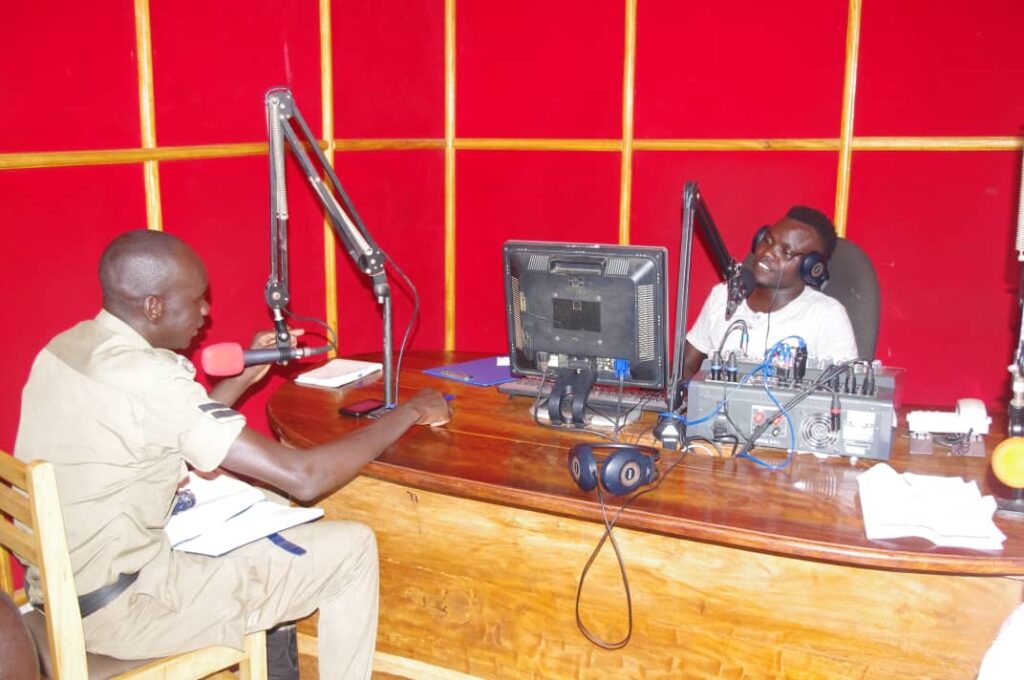
These talk shows are proving to be effective when visiting the local communities and talking to the residents. Apeo Sarah, a community member, shared that the talk shows have already improved hygiene in her community, “because even the stubborn people who didn’t come to community meetings got your messages about the coronavirus, and now everyone acts like another’s keeper or watchdog.”
Atim Anna Grace, a community leader and mother of seven, shared the impact COVID-19 has had on her daily life: “This virus has affected our business. We sell clothes and food stuff; customers have become few and this is causing us less income. It is soon going to cause hunger, and maybe even starvation. At least our family is now close together, as no one is moving long distances. This makes me happy. We are coping with the health rules and have put a hand washing point at our home so we can wash our hands more frequently.”
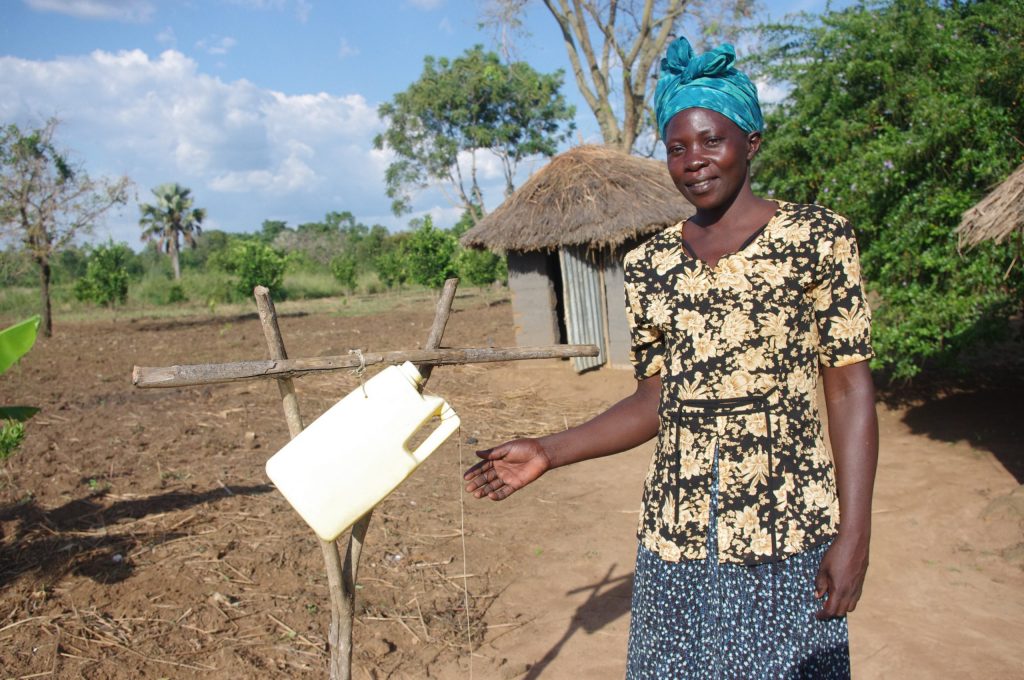
WASH Education before COVID-19
Surge and POPOW have always focused on the importance of good sanitation and hygiene, and have taught thousands of students across Kaberamaido the correct way to wash their hands. These students are now, more than ever, important in teaching the community members what they learned in school.
Mr. Enangu Rashid said his children used to “come and demonstrate to us how to wash our hands [because POPOW had taught them in school]. We would be amused and laugh it off, but now that we are caught up with the reality of the coronavirus, almost everyone in the neighborhood wants my children to teach them how to wash their hands. My children made 4 tippy-taps at home and they make sure we all wash our hands. Thank you for teaching them.”
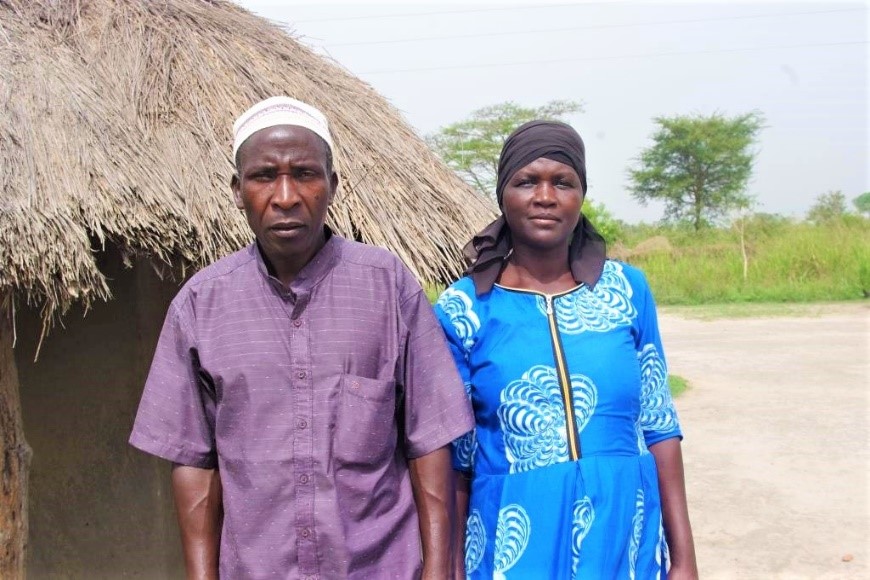
As COVID-19 continues to spread, we will continue to work with our local partners and the communities we are present in, to stop the spread. Because we’re all in this together!
Written by OgenRwot Godwin, POPOW
Edited by Ashley Quinlan, Shilpa Alva, and Jennifer Long, Surge for Water
